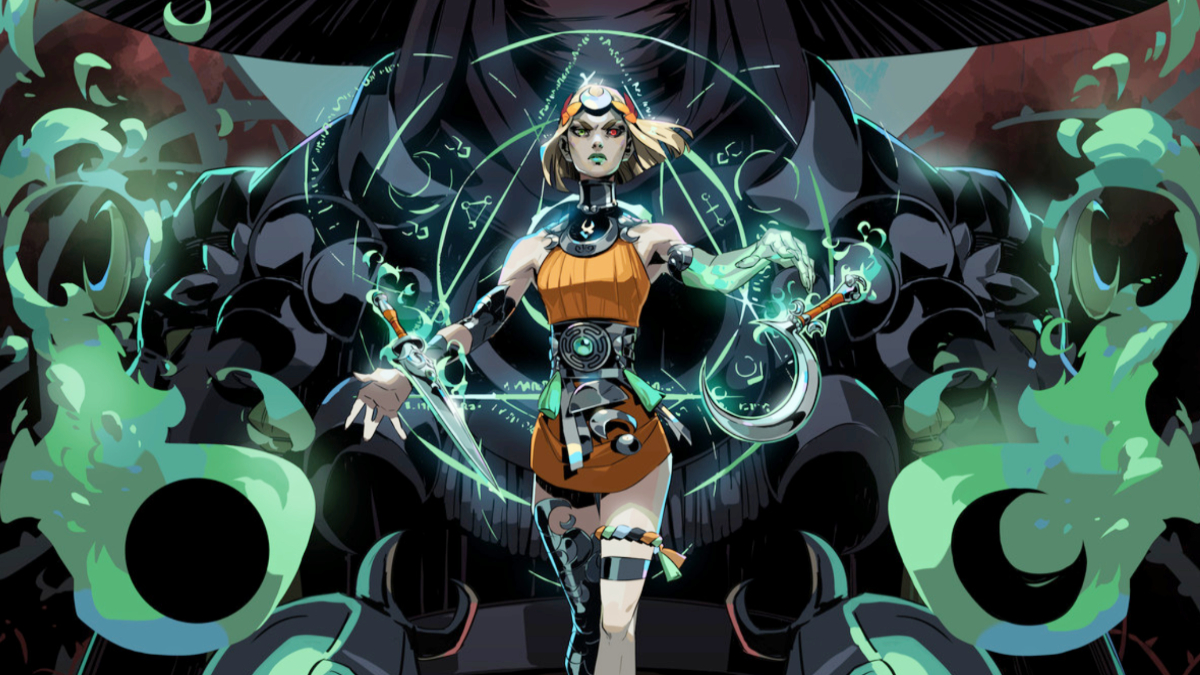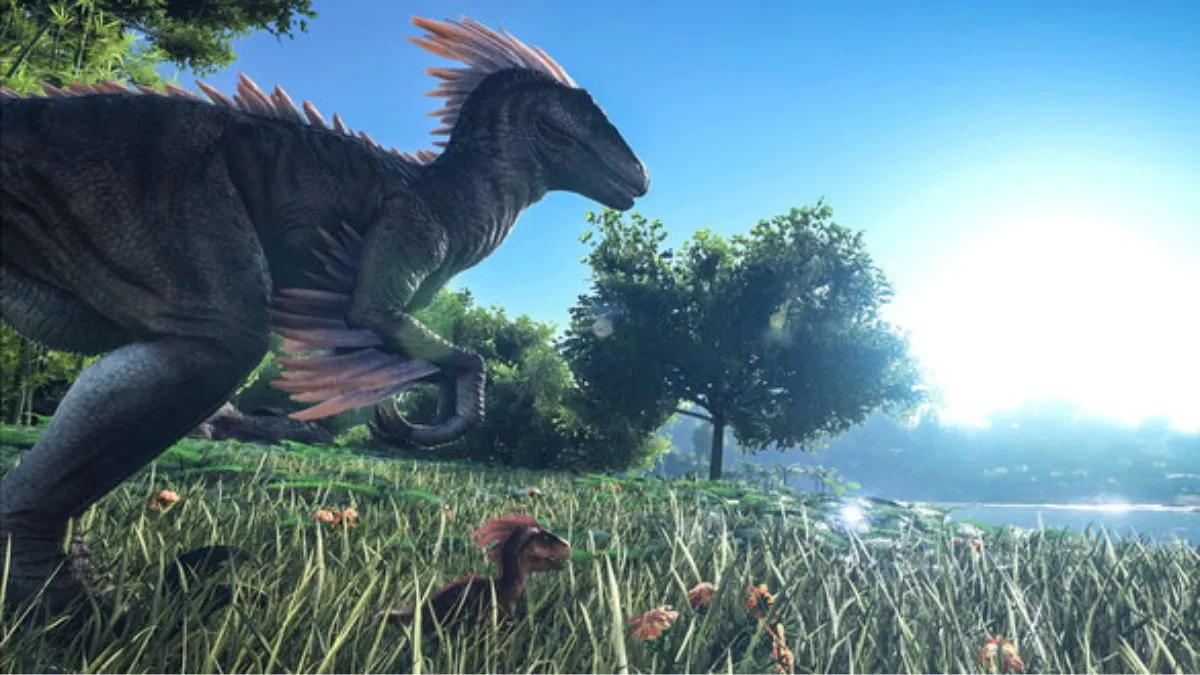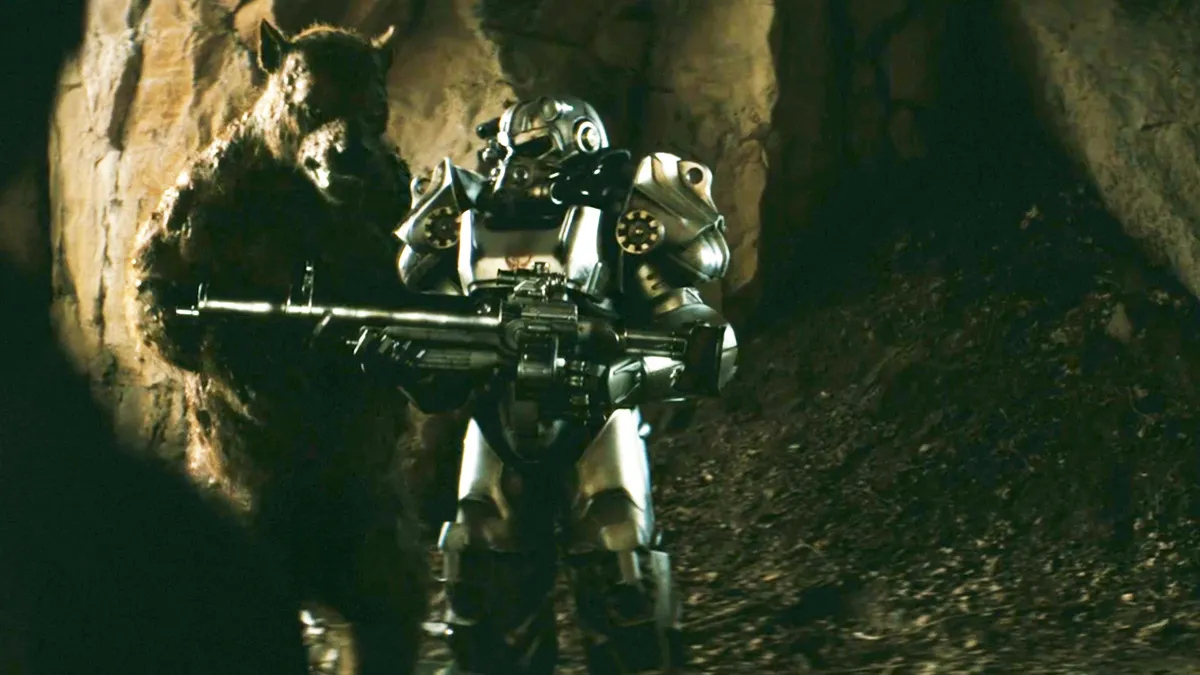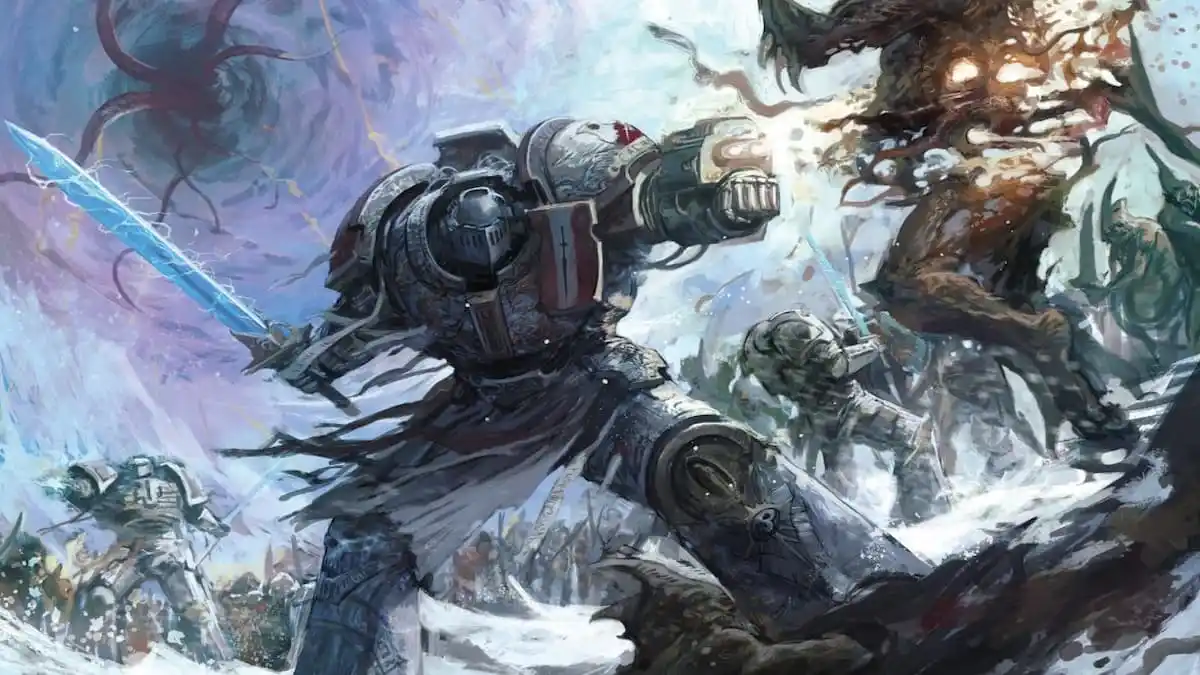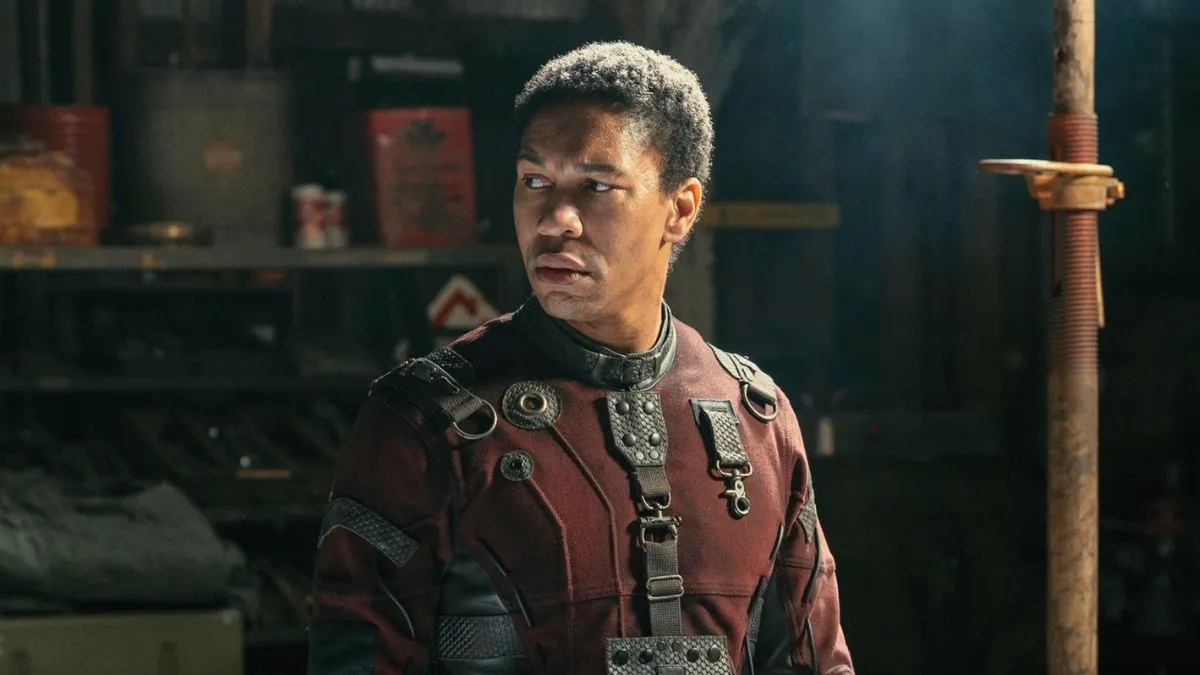
I’ve made it one of my missions as a video game fan to beat each and every one of the Final Fantasy games, almost all of which are among my favorite titles ever. I love the stories, I love the characters, I love all the worlds you get to explore — which might give you the impression that I’d make Square Enix’s other long-running JRPG franchise, Dragon Quest, a priority. Unfortunately, that just hasn’t been the case. I’m not sure what it is that’s turned me off to experiencing the whole franchise.
Perhaps it’s the art of Akira Toriyama, whose distinctive style has just never appealed to me (don’t kill me, fellow RPG fans. I still love Chrono Trigger!). Perhaps it’s the way the different games have never stood out to me as particularly unique at a glance. Or maybe it’s just Stockholm Syndrome for Tetsuya Nomura’s belts and zippers, I don’t know. What I do know is that the new 3DS version of Dragon Quest VII: Fragments of the Forgotten Past reminded me why I’ve enjoyed other entries in the series, and why I should really try to experience them all at some point.
This might sound strange, but I have to admit part of the reason I’ve definitely been slow to go back through the Dragon Quest franchise’s back catalog is that I’ve always found the series’ narratives to be slow, deliberate and more grounded than I tend to like my JRPGs to be. That’s a trend that continues with this version of Dragon Quest VII, although I must admit this is less of a criticism than a word of caution to similarly-minded JRPG fans who don’t have much experience with the series — if you’re the sort of person that likes your stories to be colorful, character-driven and more than a little over-the-top, the tale here might seem a bit old-fashioned and dull to you.

It’s not so much anything to do with the premise, which I found intriguing — the story of an isolated island with apparently nothing around it is rife with possibility, and the “gimmick” of traveling to various pasts to solve problems is a creative and fun one. But the execution here left a lot to be desired in my case: the first two hours rival those of The Legend of Zelda: Twilight Princess for the most stunningly boring introduction to a good game I’ve ever played, and the individual stories of the islands — while very cute and varied in their approaches — just didn’t grab me. The new localization is a charming one, lending distinct voices to every character, but I rarely found the individual personalities memorable enough to warrant much thought.
Oh, well. The main draw for so many Dragon Quest VII players is the massive main game, which can take over 100 hours to complete — and that’s without taking on any of the game’s many sidequests. At its heart, this is a pretty typical, classic JRPG adventure: journeying from one location to the next, solving the problems of assorted, quirky NPCs with funny accents and gradually uncovering a larger mystery that will lead to a final confrontation.
The difference here, of course, is that “gimmick” I mentioned before, although I don’t use that word in a negative context. By collecting fragments and using them on a set of pedestals in the hub world’s ruins, the player characters are transported to a number of different islands where all the aforementioned activities take place.
This leads the game to having a larger scale and a different flow compared to previous installments — if those 100-plus hours didn’t convince you of the former, I’m not sure what will. This is at once daunting and exciting: there’s so much to do, you’re not quite sure where to start. I mentioned in one of my previous reviews that it’s a tricky feat for a JRPG to make its most mundane elements entertaining, but that is exactly what Dragon Quest VII pulls off.
Taking advantage of the game’s class system — which allows you to switch between various jobs like Cleric, Thief and Pirate and learn their respective skills — is as addictive as you’d expect. And there’s just nothing quite like questing around a giant world like this, chatting up charming NPCs and venturing into puzzle-filled dungeons. This part of the throwback largely works; my inner completionist was hypnotized by the prospect of mastering every class and nabbing every fragment.

My largest complaint centers on the interface, which is curiously one of the only elements not to receive a significant upgrade. As previous reviews have illustrated, I’m not a big fan of save points, and Dragon Quest’s chatty clergymen are a particularly egregious example of this archaic design choice (especially when one has just experienced the save-anywhere convenience of Shin Megami Tensei IV: Apocalypse).
I was willing to ignore that, seeing that the game is attempting to replicate a classic adventure, but I did have to ask myself after a while: does so much of this game need to feel like it’s still stuck in 2000? One of the things I’ve most despised about Dragon Quest games before is the clunky, slow menus — which gum up the works whether you’re in combat or not. Sure, having to pass things between each character’s limited inventory space is a cute and nostalgic reminder of a different era, but it’s also an uninteresting waste of time, and that goes doubly so when you’re using antiquated menus to do it.
On the audiovisual side of things, though, Dragon Quest VII’s 3DS presentation tune-up is a great one. It transforms the 2D elements of the original PlayStation version into fully-fleshed-out 3D versions reminiscent of 2010’s DS-exclusive Dragon Quest IX, and it looks great. As I said before, I’ve never been a huge fan of Akira Toriyama’s art style, but even that couldn’t prevent me from admiring what a creative, colorful world Fragments of the Forgotten Past really has. Some elements struck me as a bit too old-school for their own good — just as one example, important characters using the same models as generic NPCs is probably something better left in the past — but overall, it’s a pleasure on the eyes.
Your ears will be quite happy as well, too, thanks to an absolutely gorgeous remaster of Koichi Sugiyama’s original soundtrack. Some of these themes are beautiful enough to leave a tear in your eye, which I imagine might happen for quite a few of the folks who grew up playing the original version.
Dragon Quest VII: Fragments of the Forgotten Past is a bit of a curious remake. It updates much of its presentation to a more modern aesthetic, but leaves its gameplay feeling little different from the JRPGs of yesteryear. That’s not entirely a problem — after all, it’s a game straight out of the genre’s heyday, and plays like it — but it’s a wonder that certain archaic elements weren’t updated. Clunky, slow menus and an overall dated interface left me grumbling on more than one occasion, sometimes obscuring what is otherwise a top-notch adventure. Still, I can’t ignore the fun I had along the way, and for players who measure their games in quantity as well as quality, the 100-plus hours of goodness here will likely be too much to resist.
This review is based on the 3DS exclusive, which we were provided with.


